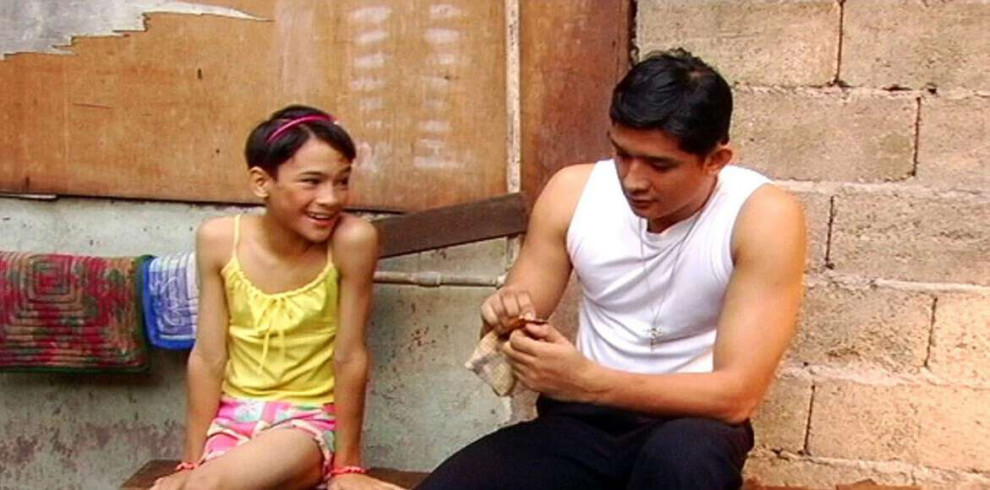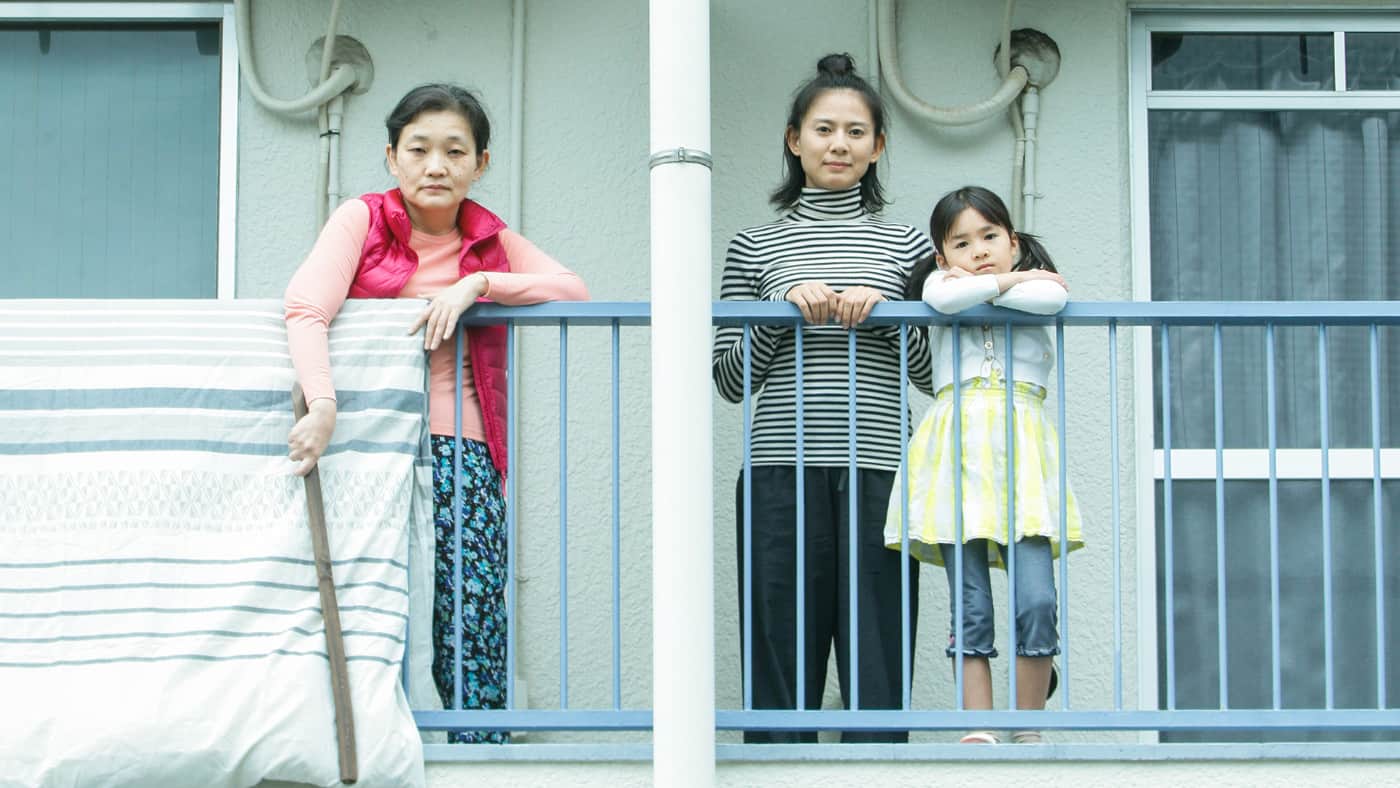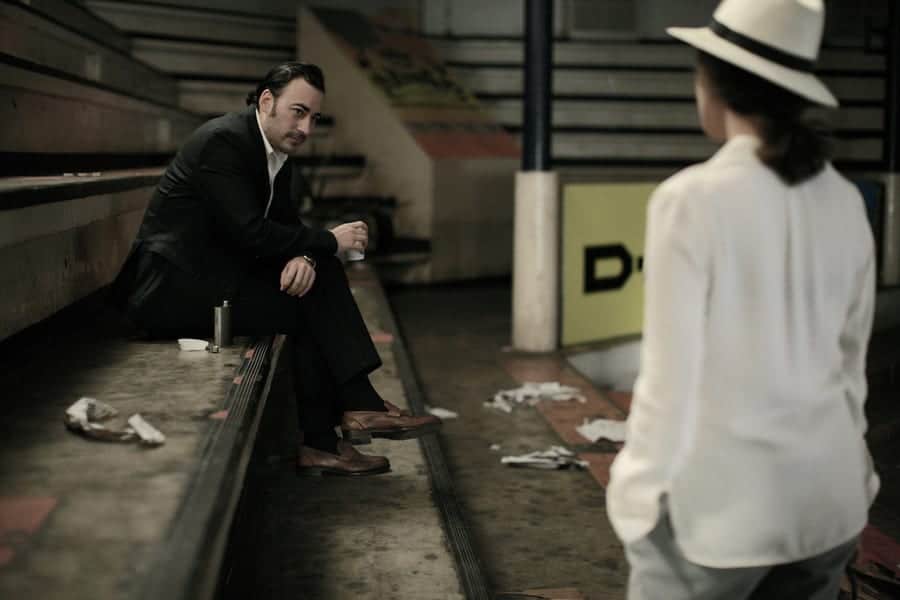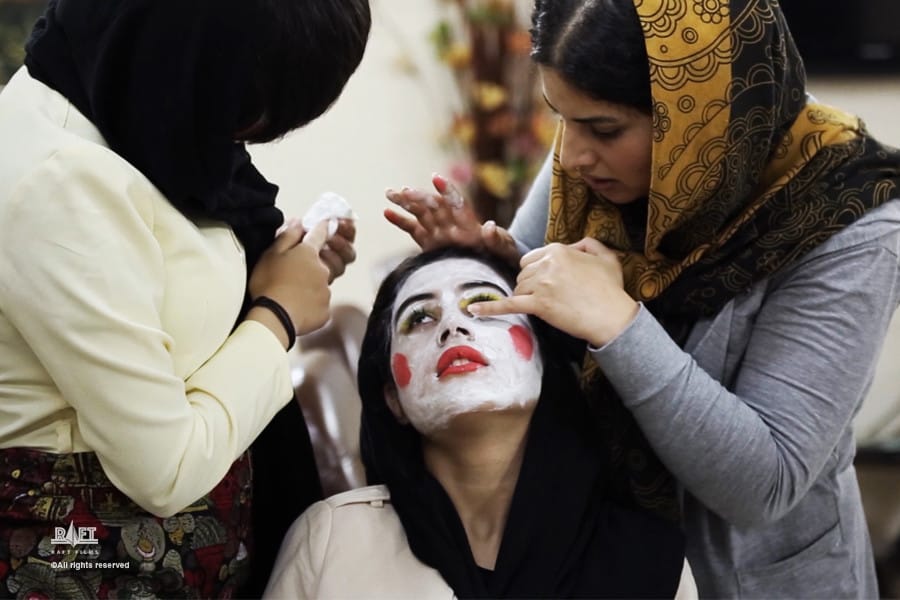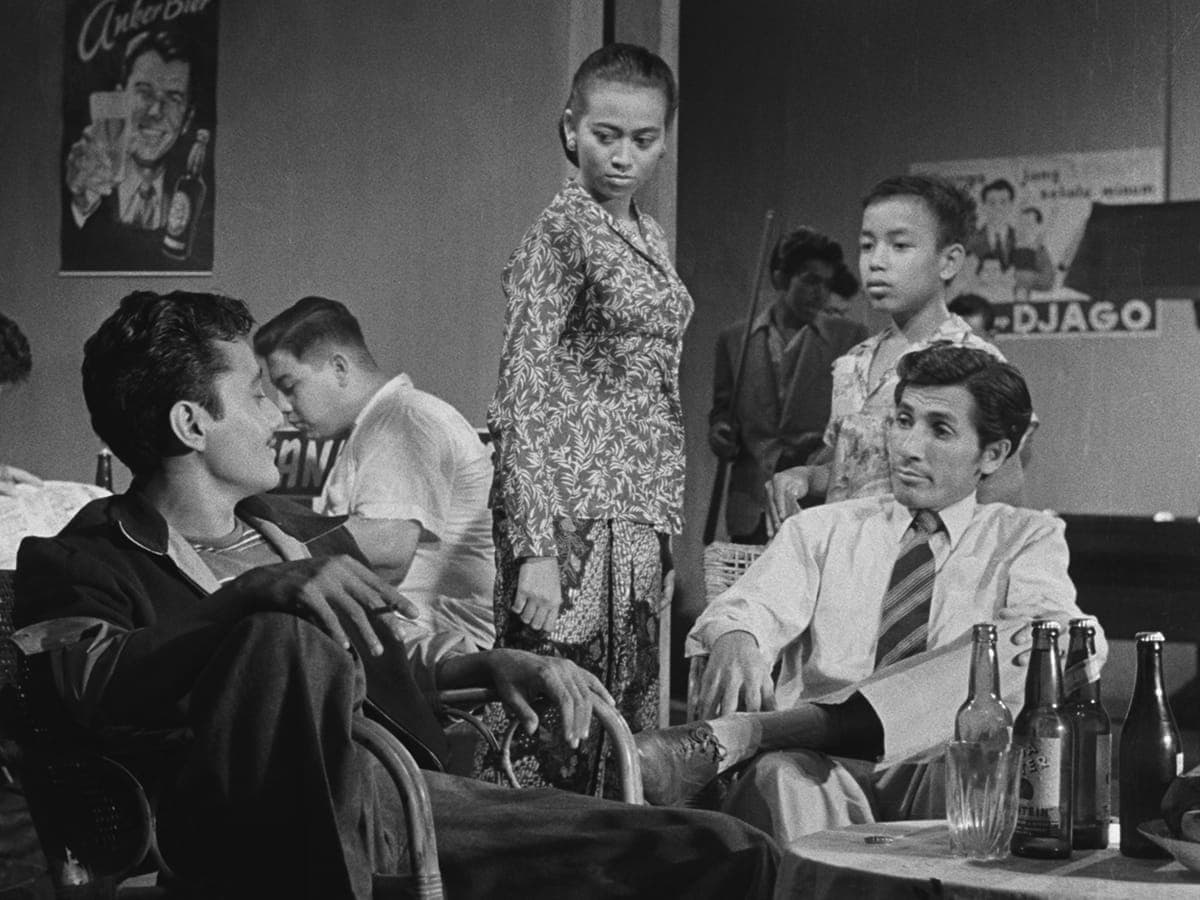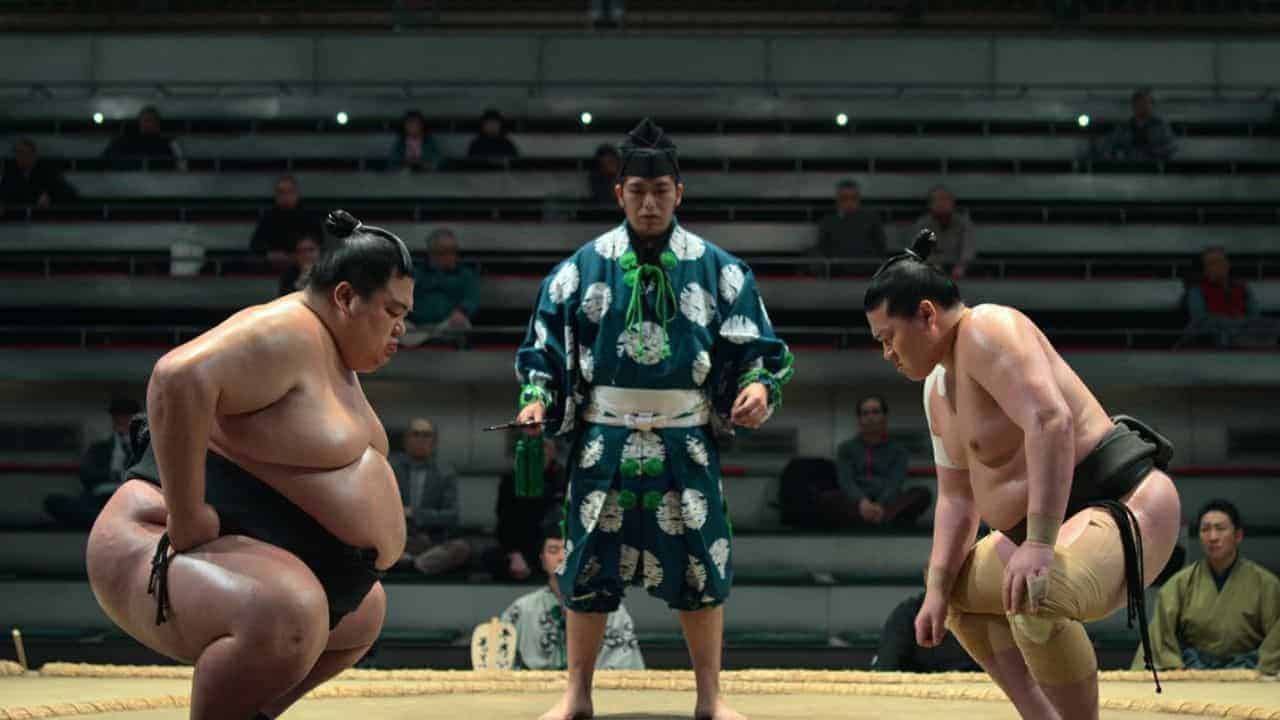While the 13th Slovak Queer Film Festival includes in its line up a later Solito's queer jewel, let's have a look at the director's feature debut “The Blossoming of Maximo Oliveros”. The film won over the children juries at the 56th Berlinale and left with the Special Mention from the Generation Kplus Children's Jury, Grand Prix from the International Jury Kinderfilmfest, and also with the Teddy Award. By the way, that was the year when Sir Ian McKellen received the Honorary Golden Bear.
The international attention that the coming of age story of a “fairy” gay Maxi (Nathan Lopez) has received is, I dare to say, well deserved. “The Blossoming of Maximo Oliveros” portrays the world of its main protagonist with a great sense for details, leaving his queerness as a mere one of them. Quite unlike what we could have seen in western films, being gay is a character trait, but not the character issue.
Maxi is the youngest of three sons. Their mum passed away, their father is a local godfather. Maxi grows up in a loving environment, yet that does not save him from being bullied or attacked in the dark alleys of the slum. He loves to play with his girl classmates, do mock beauty pageants, or impersonate pop-ikons. But that all fades in comparison to the joy officer Victor Perez (JR Valentin) brings to his life.
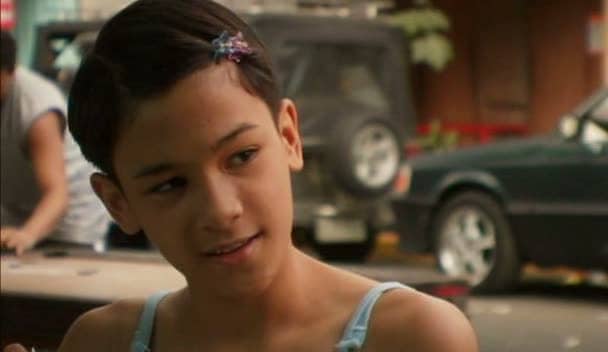
“The Blossoming of Maximo Oliveros” plays with the Romeo and Juliet intrigue of love that crosses two quarreled families. Maxi is the son of a criminal, Victor stands on the side of the law. Beyond the scheme, there is the thing with the age difference and it seems Victor is not gay. But that is not the point. The dilemma of love and loyalties is one of the toughest issues Maxi deals with. Should he (blindly) obey the love for his father and cover for him and his brothers? Or should he follow the code of the man he fell for?
Equipped with a strong set of characters, “The Blossoming of Maximo Oliveros” does not look away from the issues of the LGBTQ+ tolerance/acceptance. Besides the most obvious acts of aggression, we see that Maxi's father seems to be ignorant of his son being gay. That, on the other hand, doesn't stop him from treating Maxi as the woman in the house; Maxi prepares meals, mends clothes and does the chores stereotypically belonging to women. The brothers know but play the game of ignorance and cover-up for Maxi. Yet, their care is tainted with their own interests.
The usual tropes of beauty pageants, impersonations or hips that don't lie somehow lose derogative nature and become facts. The facts in the world of bungalow homes where crime is tolerated profession. In the world where siding with the law might be more revolutionary than being a gay teenager. The film does not shy away from not only attacks towards gays. It also points out the secondary victimization by quoting one of the most obnoxious blames – you're sure you were not flirting with them?

Solito's approach allows the interplay of the specific LGBTQ+ issues with matters such as poverty or crime in the slums. And in the middle are the pains of puberty and first love. This play takes place on many levels and in so many details. Yet, they don't compete for your attention. Instead, they work together, building a very complex network of life on geographical and social peripheries.
Moreover, it is a special joy to watch Nathan Lopez, so careful and precise in his posture and shy gestures. Despite Maxi being effeminate, Lopez doesn't turn him into a caricature. Instead, he portrays his road from a boy that just cannot finish the “Love is…” sentence to a boy who forgets to season the meal. His journey reminds of the lyrics to Secret Love by Doris Day. Valentino, a beautiful man he is, is a wonderful counterpart. His realization that Maxi might not only be looking for a big friend and a role model is subtle and clear.
“The Blossoming of Maximo Oliveros” is a gently made film. Its images are full of soft warm light, warm colours. The soundtrack combines very well fitted songs and original music by Pepe Smith. Yet in the subtlety of its expression lies a riveting strength that will stay with you long after the end credits fade out.


